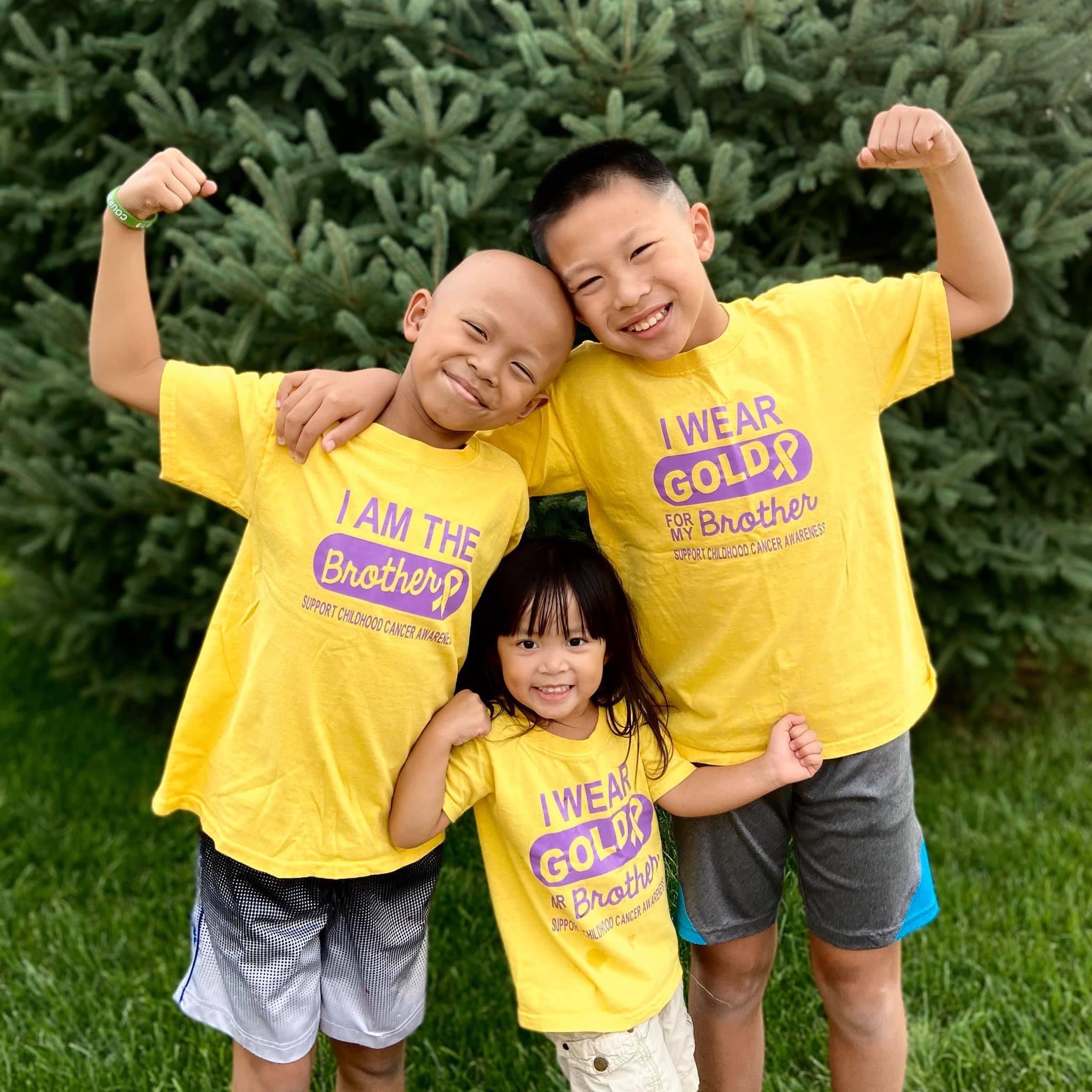
The National Children’s Cancer Society Walks alongside Families Every Step of the Way
The National Children’s Cancer Society (NCCS) is not what you’d expect from its name. Rather than focus on fulfilling a sick child’s dreams, or entertaining them with gifts or visits from celebrities, NCCS offers various supports to the families of pediatric cancer patients. All those things are important, and touching, but there are other critical issues that deserve to be addressed by organizations meant to help kids with cancer—for instance, the considerable expenses resulting from a child’s hospitalization and treatment.
NCCS is different from the other organizations helping pediatric cancer patients, because this particular organization understands that helping pediatric cancer patients begins by helping their families. Easing the heavy financial burden of parents already reeling from a child’s cancer diagnosis is critical. You can’t care for a child when you’re stressed out over the associated costs of pediatric cancer. Such expenses may include the cost of transportation to faraway treatment centers and lodgings, along with regular household expenses at a time when parents may have to take time off from work to be with their children.
This is a concept that may not grab the heart in the same way as summer camps for kids with cancer, or sponsored visits to Disneyland; but such assistance is crucial. Children with cancer need their parents’ love and care, and they need them by their side as they undergo difficult treatments. Their parents, on the other hand, need to have some relief from the financial burden, as the stress is already enormous, and too much to bear in addition to having a sick child. Giving these families the help they need literally comes at a high cost. Undoubtedly, our small grant award will be put to good use by this most deserving organization.
We put some questions to NCCS Vice President of Patient and Family Services Jessica Cook, to learn more about this work:
Kars4Kids: The National Children’s Cancer Society appears to be different than most programs having to do with pediatric cancer in that it focuses on the families of kids with cancer rather than the kids themselves. Can you talk about why parents of children with cancer need help, too? Who is the typical parent that comes to you for the services you provide and how do they find you?
Jessica Cook: At The National Children’s Cancer Society (NCCS), we believe that supporting the entire family is essential in helping children with cancer. When a child is diagnosed, it affects not only them but also their parents and siblings. Parents are often under immense emotional, financial, and physical stress, trying to navigate treatment plans, insurance, and hospital stays, all while maintaining a sense of normalcy for their child and family.
Parents are often their children’s primary caregivers, decision-makers, and emotional anchors during this difficult time. Many face financial hardship due to the costs associated with treatment, travel, and taking time off work. The emotional toll can be overwhelming. The NCCS is there to provide vital emotional support ensuring that they can focus on what matters most-their child.
The typical parent we serve is someone who has just learned their child has cancer and is facing an entirely new world of medical care and financial strain. These families come from all walks of life, but they all share the common experience of needing extra resources—whether it’s emotional support or financial assistance. Families primarily find us through referrals from their hospital social worker. From diagnosis and treatment to survivorship and beyond, the NCCS continues to be a reliable source of support, dedicated to walking alongside families every step of the way.
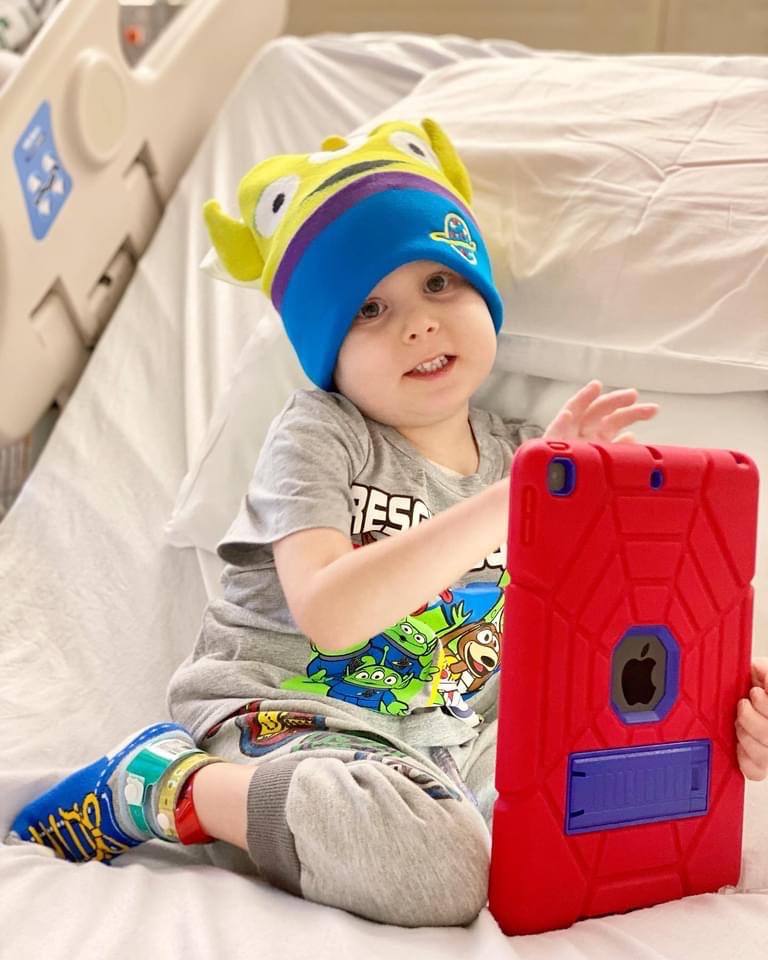
Kars4Kids: What can you tell us about your Transportation Assistance Fund? Can you describe the typical scenario which makes such assistance necessary? It’s also to help with lodgings, right? What type of lodgings are available for these families, and how do you help with this aspect of the pediatric cancer journey?
Jessica Cook: Our Transportation Assistance Fund is designed to address a critical need that families face—simply getting their child to the lifesaving treatment they need.
The Transportation Assistance Fund helps cover the costs of travel to and from their child’s cancer treatment center. Treatment often requires families to travel multiple times a week, whether for chemotherapy, radiation, or follow-up appointments. For some, this means long drives or flights to specialized hospitals far from home. Even families who live near their treatment centers can find it difficult to manage transportation costs over time. By assisting with transportation expenses, we help ensure that no family has to delay or miss their child’s treatment because they can’t afford the trip.
When it comes to lodging, we primarily help families when nonprofit lodging options are unavailable. We step in to assist with short-term hotel stays.
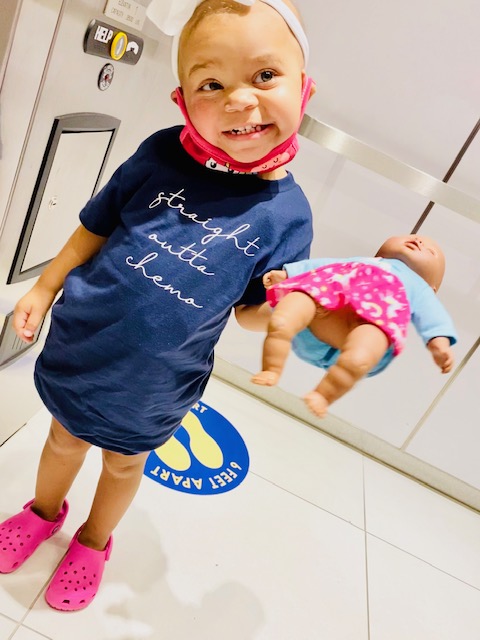
Kars4Kids: You also have an Emergency Assistance Fund, correct? How does this work? Why do parents of pediatric cancer patients need financial assistance?
Jessica Cook: Yes, we do have an Emergency Assistance Fund. Families are eligible for this fund when their child has been inpatient or relocated for an extended time. This fund addresses the immediate, short-term needs that can arise when a child is diagnosed with cancer. Many families are forced to take time off work, resulting in reduced income at a time when their household expenses may increase due to medical bills, child care for siblings, or the costs of staying close to the hospital. This fund can help with essentials like rent or mortgage payments, utilities, groceries, and even meal assistance during the stay, ensuring families can focus on their child’s well-being without the added stress of financial instability.
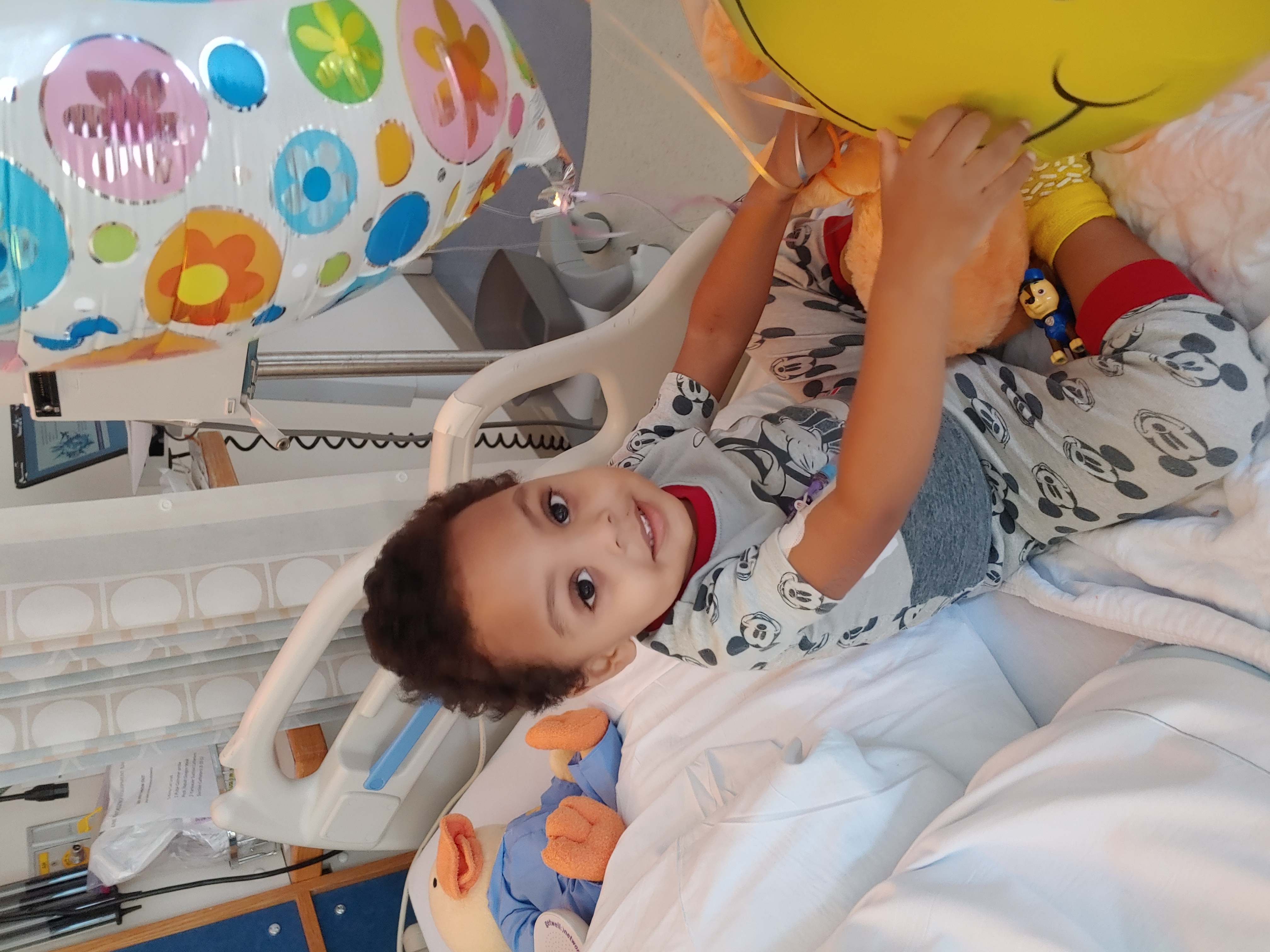
Kars4Kids: Beyond the Cure Ambassador Scholarship Program. These are scholarships to college for child cancer survivors, correct? What is the typical scholarship award and how many scholarships do you provide on an annual basis? Since the program was instituted in 2019, how many scholarships have you provided?
Jessica Cook: Yes, the Beyond the Cure Ambassador Scholarship Program provides college scholarships specifically for childhood cancer survivors. These scholarships are designed to help survivors pursue their educational dreams after overcoming the challenges of cancer. The typical scholarship award is $3,500, which assists with tuition and other college-related expenses.
For the last seven years, we have provided approximately 58 scholarships, making a significant impact on the lives of survivors who are continuing their journey into higher education. Since the program was established in 2008, we have awarded 718 scholarships to 254 young adult childhood cancer survivors totaling $2.5 million, helping them not only financially but also by recognizing their resilience and dedication to moving forward after their cancer experience. This program highlights the strength of these young individuals and supports them as they embark on their next chapter in life.

Kars4Kids: You’re not just a national program, but a global one in some respects. Can you talk about your Global Outreach Program? Where do you operate this program and how many children and families have you helped since this program was founded?
Jessica Cook: Yes, while The National Children’s Cancer Society primarily serves families in the U.S., our Global Outreach Program extends our reach to help children with cancer worldwide. This program focuses on providing donated lifesaving cancer treatment and medication to children in underserved areas of the world where such care may be limited or completely unavailable.
Since the program’s inception, we’ve been able to assist over 204,000 children and families across 53 countries, ensuring that children in need have access to critical cancer treatment. Our goal is to bridge the gap in cancer care globally, ensuring that all children, regardless of where they live, have a fighting chance against cancer.
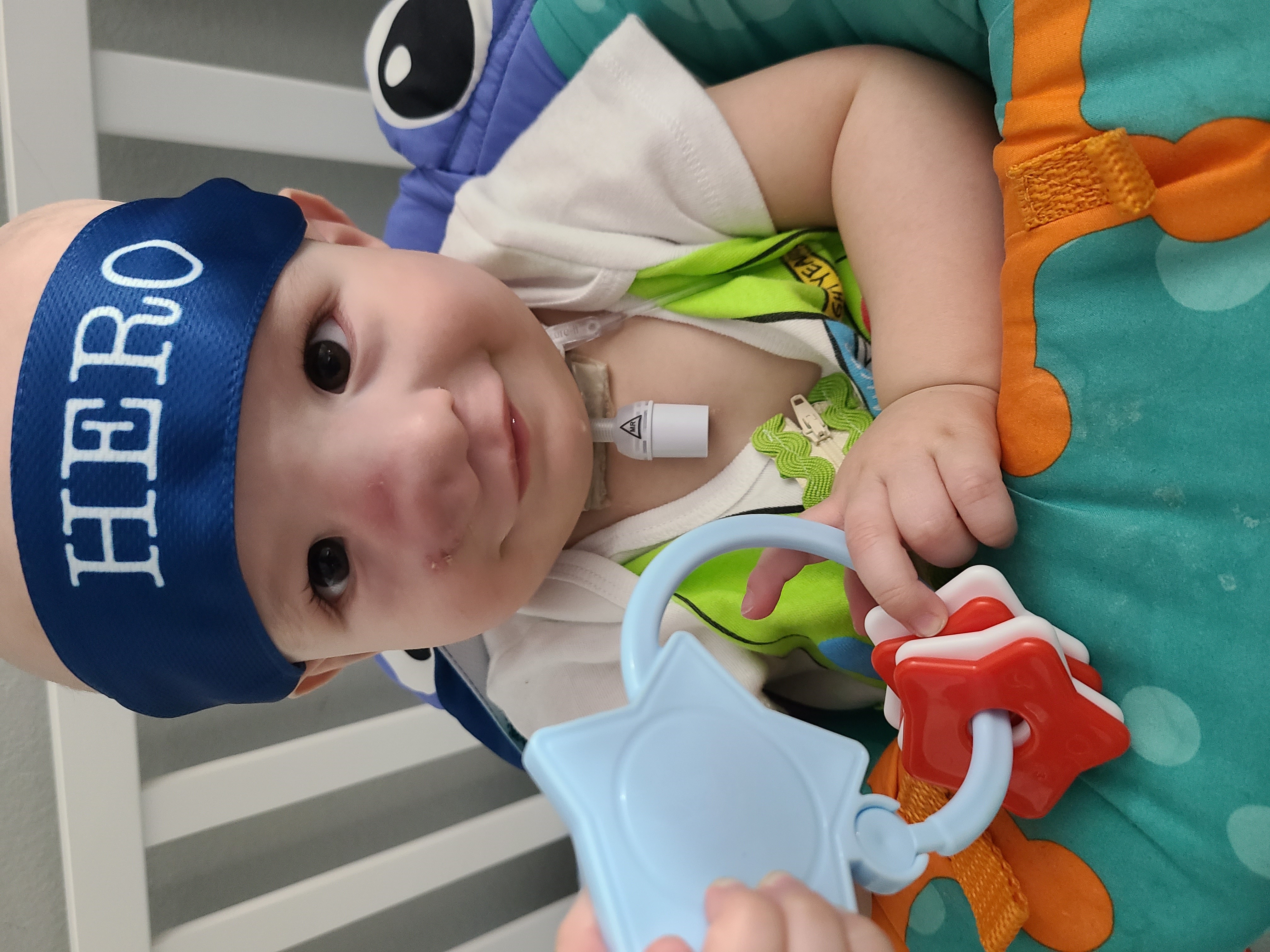
Kars4Kids: Can you share a story of a child whose family received assistance from NCCS, and how you were able to help?
Jessica Cook: Hattie was a bright, healthy 7-month-old who brought joy to her parents, Donald and Katie, and her twin brother, Hendrix.
Hattie and Hendrix attended daycare during the day, learning and playing with other children. On a seemingly ordinary day, Hattie developed a fever and suddenly lost interest in drinking milk, raising deep concern on the part of her parents. Expecting something common like croup, which had been circulating at daycare, Donald and Katie took her to the emergency room. They were shocked when they learned that Hattie was suffering from a much more devastating illness—acute myeloid leukemia (AML).
“We were told she would need five rounds of intense inpatient chemotherapy and possibly a bone marrow transplant,” Katie recalled. The news shattered their world.
Month-long inpatient stays are challenging for anyone, but especially for a baby. Katie and Donald did everything they could to keep Hattie’s spirits up—reading to her, playing music, and watching her enjoy her beloved Linkimals toys. But nothing lit up her world like the time spent with her twin brother, Hendrix. They made sure the two were together as often as possible, a source of joy amid uncertainty.
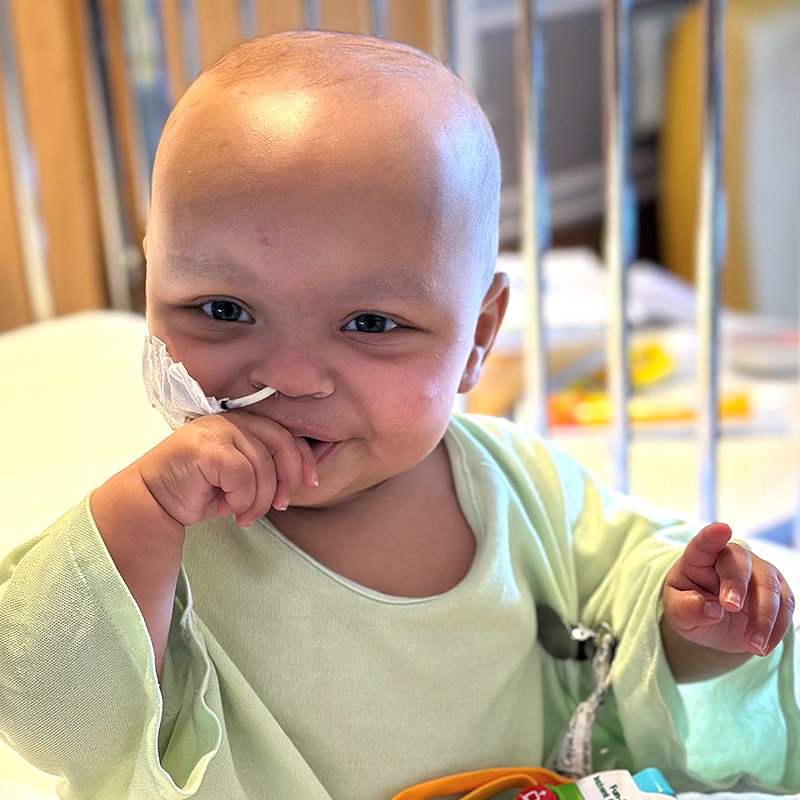
This journey has been unimaginably hard, but Hattie’s strength and the love that surrounds her keep her family going. They dream of the day she can leave the hospital behind, not as a patient but as a playful, happy little girl—and a big sister.
Donald and Katie balanced work with daily hospital visits, ensuring Hattie was never alone. Thanks to The National Children’s Cancer Society’s Transportation Assistance Fund, they received support for the many trips to and from the hospital. The Emergency Assistance Fund has also eased the financial burden at home, covering essential household expenses during this difficult time.
“We are so grateful for the assistance provided by NCCS. It has helped us with gas, groceries, and utilities. My husband and I commute daily to and from the hospital, and the cost adds up quickly!”
The National Children’s Cancer Society stands by families like Hattie’s, offering financial support so they can focus on what truly matters—getting Hattie well again.
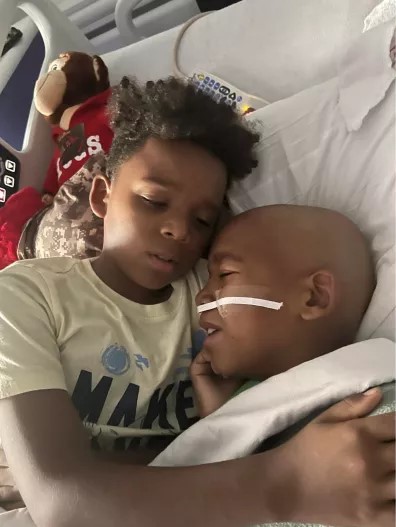
Kars4Kids: What’s next for The National Children’s Cancer Society?
Jessica Cook: Ultimately, our goal is to continue being a steadfast advocate for families affected by childhood cancer, ensuring they have the resources, support, and community they need during one of the most challenging times of their lives. By enhancing our programs and expanding our reach, we aim to make an even greater impact in the lives of these families.